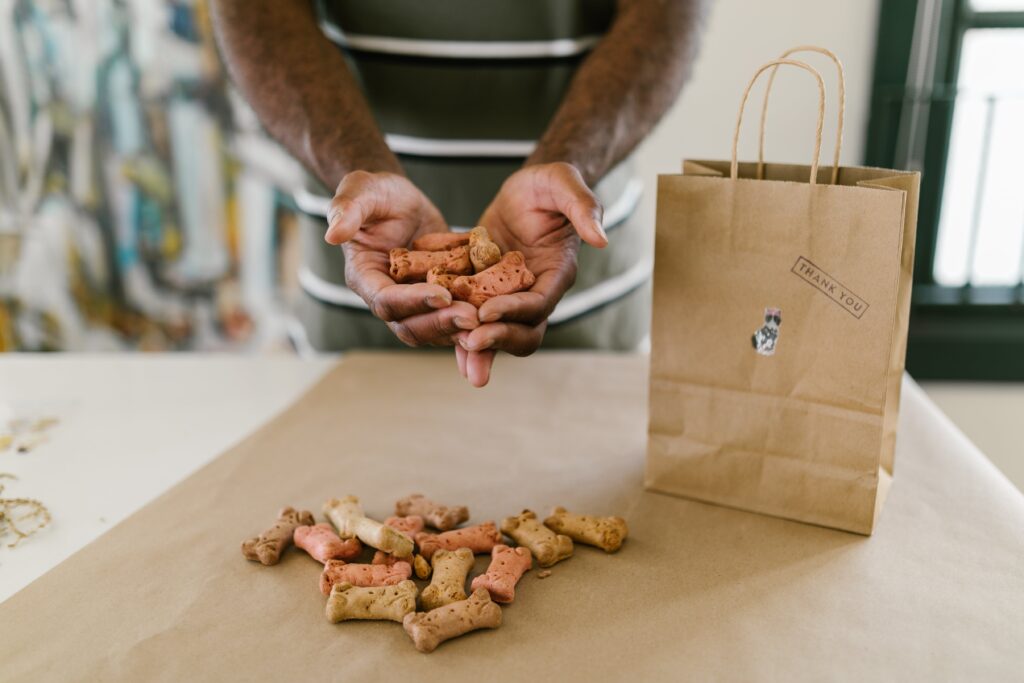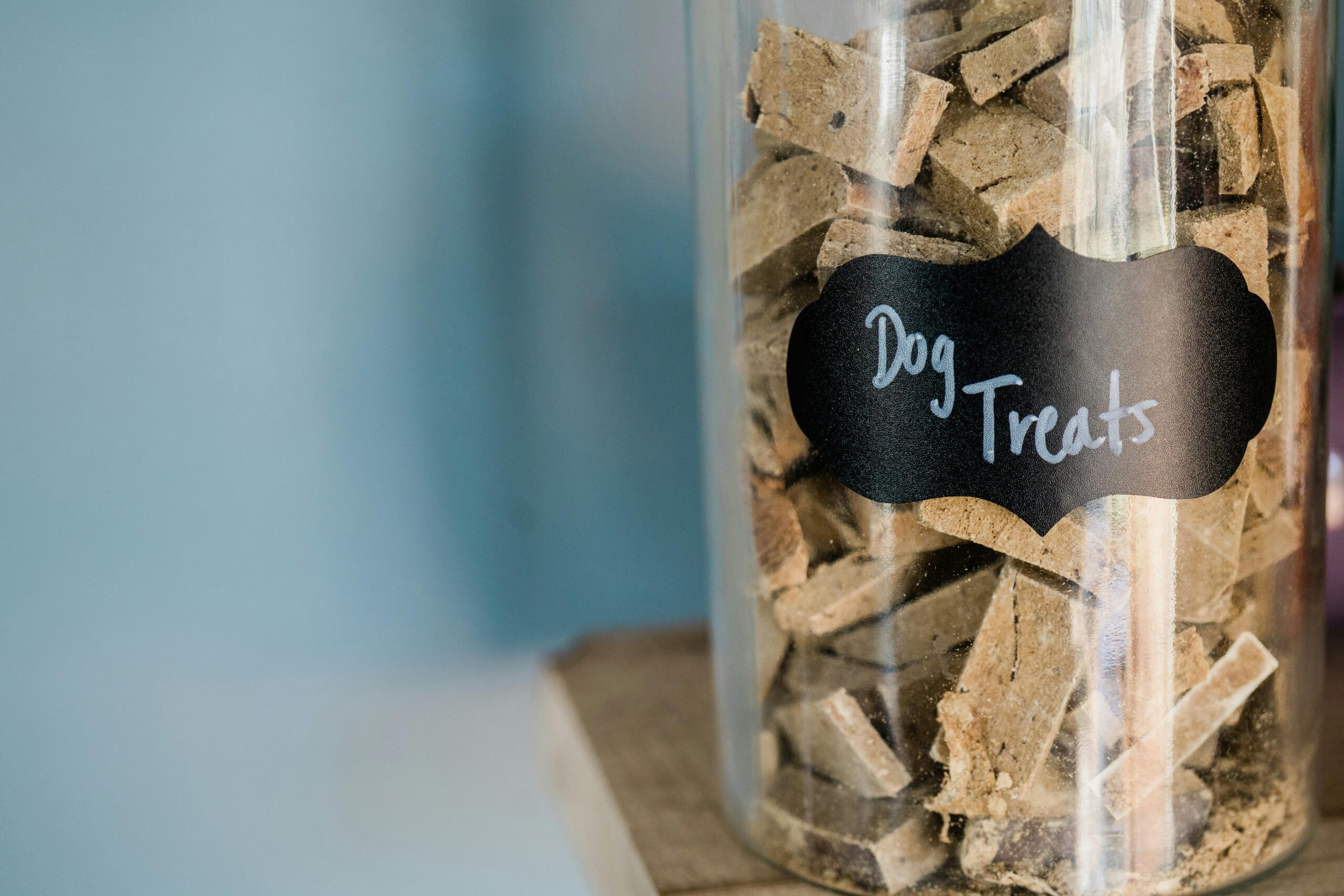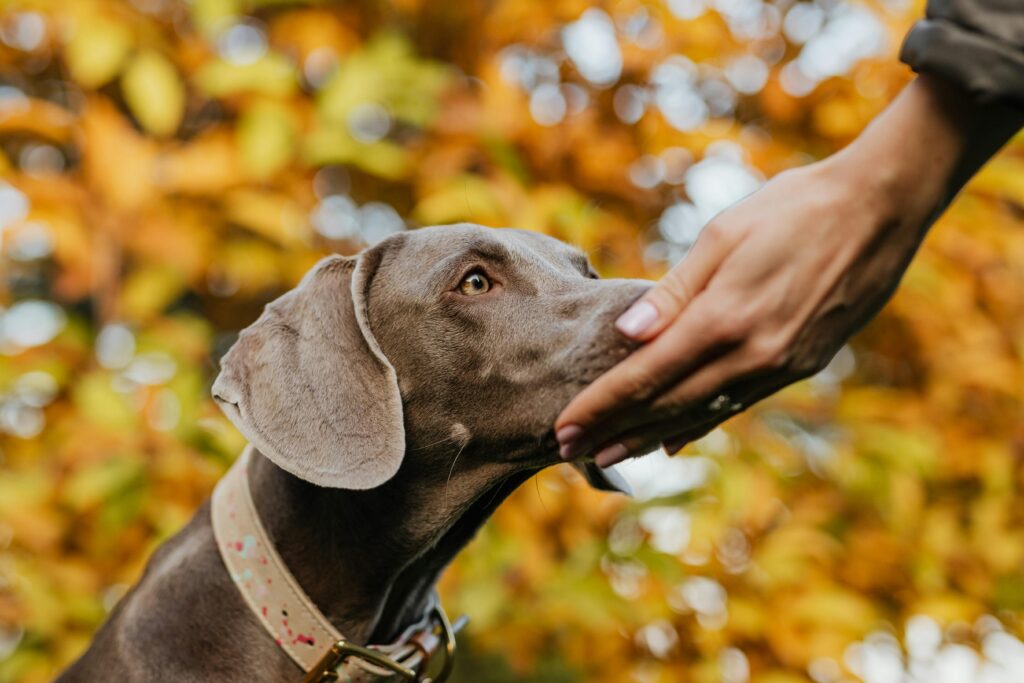
Reward-Based Training for Dogs
Training your dog is not just about teaching them to follow commands—it’s about building a positive, trusting relationship that will last a lifetime. Whether you’ve just brought home a new puppy or you’re navigating the challenges of a teenager (what I like to call the ‘velociraptor stage’), it’s essential to set both you and your dog up for success. Reward-based training offers a gentle and effective way to foster communication, build trust, and have fun with your dog, no matter their age.
Reward-Based Training for Dogs
The Foundation of Reward-Based Training
Reward-based training is all about using positive reinforcement to teach your dog new behaviours and habits. It involves giving your dog something they love, like a tasty treat or a favourite toy, when they perform a desired behaviour. This creates a positive association with the action, making it more likely they’ll repeat it in the future. It’s a simple but powerful method that strengthens your bond and builds mutual respect.
The importance of positive reinforcement can’t be overstated. Training should never rely on outdated practices such as pack or dominance theory. These theories, which promote using force or intimidation, have been debunked. Not only are they ineffective, but they can also be harmful to your dog’s wellbeing and may cause unnecessary stress or even physical harm.
Choose High-Value Rewards
Not all rewards are created equal in the eyes of your dog. The more enticing the reward, the more motivated they will be to perform the task. You’ll know what your dog enjoys most—some may go wild for a certain type of treat, while others may work harder for a game with their favourite toy. When you’re training in more distracting environments, like the park or woods, it may be necessary to up the ante with a higher-value reward to keep their attention focused on you.
Start with the Basics and Set Your Dog Up for Success
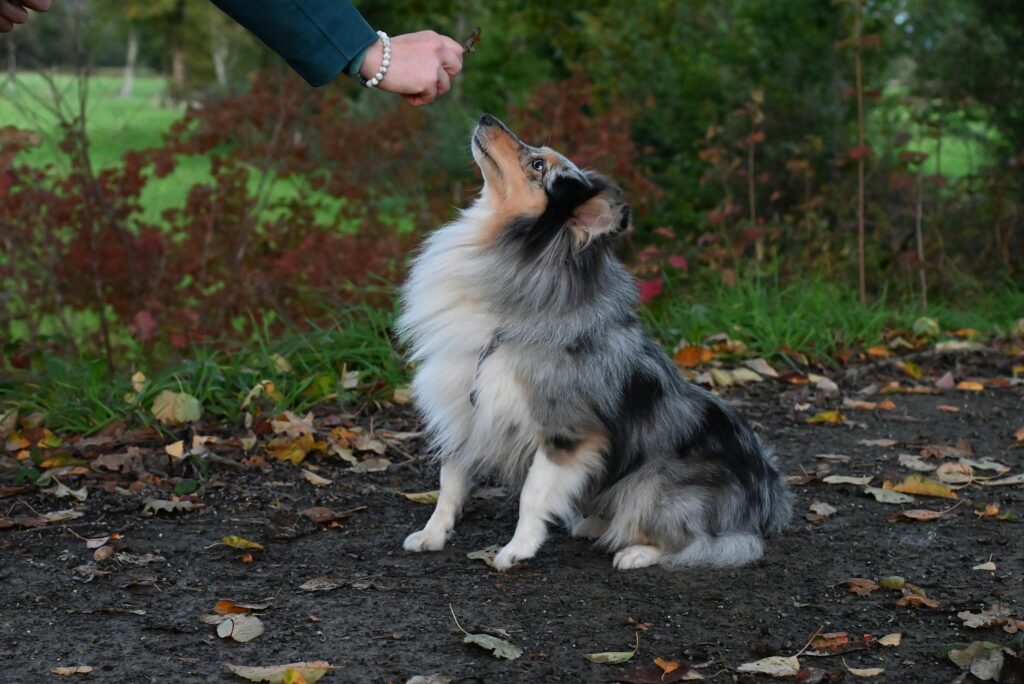
Training is most effective when you start with the basics in a quiet, low-distraction environment, such as your living room. Teach simple commands like “sit” or “stay” and give your dog time to master them before moving to more challenging settings. Once your dog is comfortable, gradually introduce more distractions by practicing in the garden or a nearby park. If you notice your dog struggling or becoming disinterested, it’s okay to take a step back, let them have a break, and return to the basics before trying again.
It’s important to keep training sessions short and fun, especially in the beginning. Puppies and young dogs may have shorter attention spans, and even older dogs can become mentally fatigued during prolonged sessions. Training should be enjoyable, not a chore, for both you and your dog.
Your Dog Is Always Learning
Dogs are always learning, even when you’re not in an official training session. Consistency is key—your dog won’t solidify new behaviours with just one hour of training per week. Instead, try to weave these lessons into your daily routine. For example, if you’re working on recall, ask your dog to come to you throughout the day and reward them for listening. Be mindful of reducing the reward too soon; a reliable recall can quickly become optional if the reward becomes inconsistent.
Patience and Persistence
Training is a marathon, not a sprint. Some behaviours will take time to develop, and it’s normal for progress to be slow at times. Stay patient and consistent, and remember that dogs are doing their best to understand what you want. When you notice your dog successfully repeating a behaviour, celebrate it! The small wins add up over time.
Invest in Professional Help When Needed
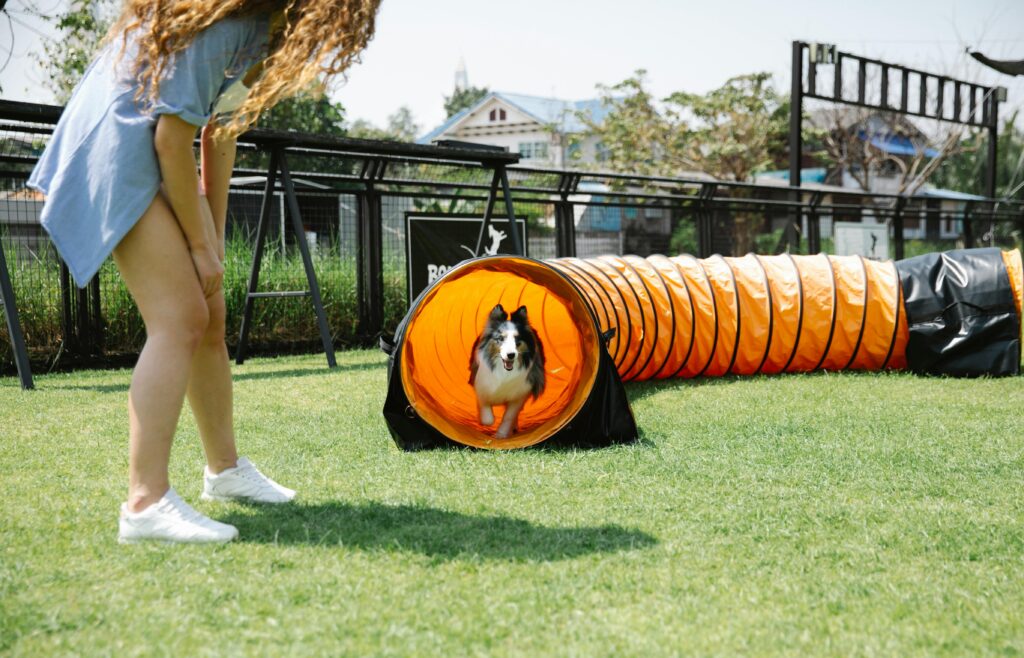
There’s no shame in seeking help from a professional trainer or behaviorist, especially if you encounter issues along the way. A qualified trainer can provide tailored guidance, ensuring your dog’s long-term success.
When choosing a trainer, look for one with experience and qualifications in positive reinforcement techniques. Investing in the right support can save you a lot of time and frustration in the long run.
Conclusion
Reward-based training is not just an effective way to teach your dog new skills—it’s a relationship-building tool that fosters trust and understanding. By keeping sessions fun, positive, and consistent, you’ll not only train your dog, but you’ll also enjoy a stronger bond. Embrace the journey, and remember: patience and persistence are key.
